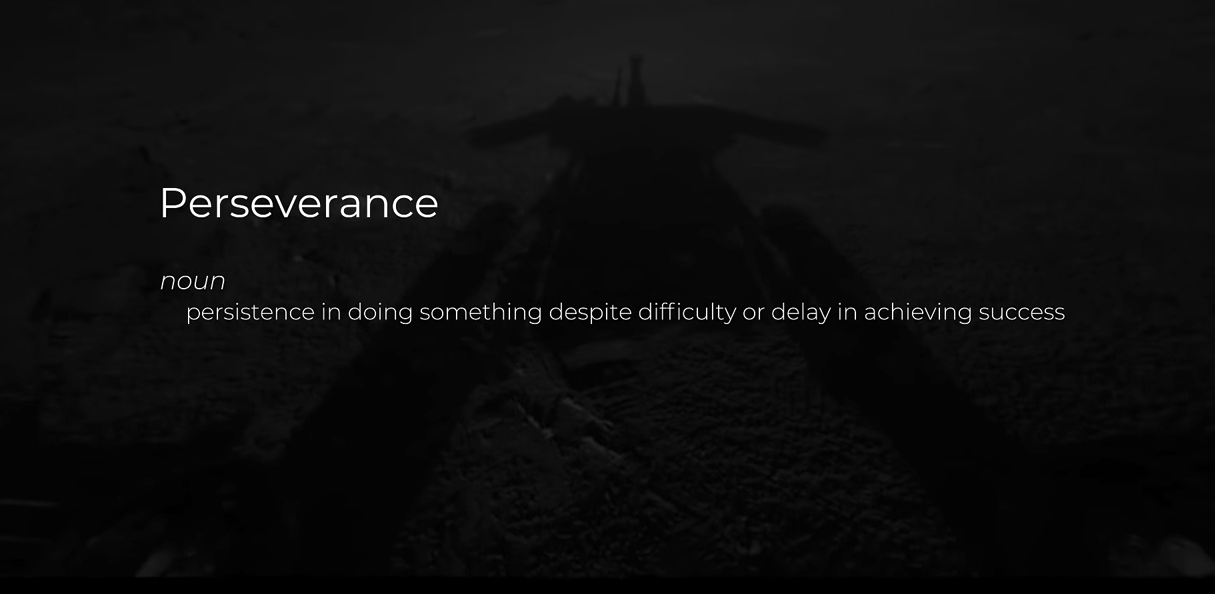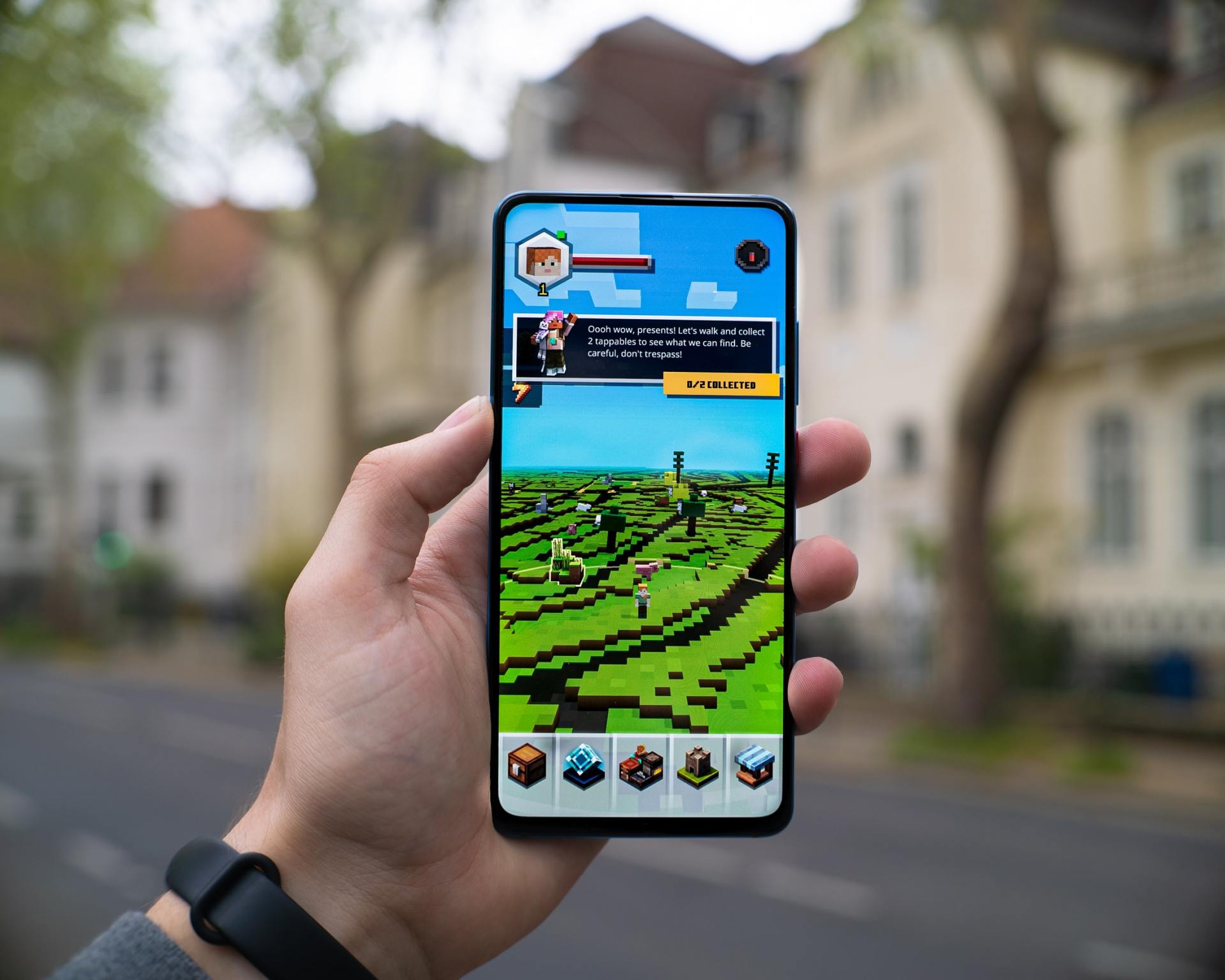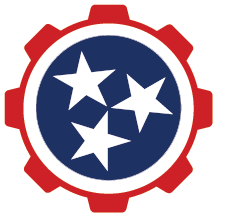Careers in Educational Technology
A discussion post about the types of careers held and tasks performed by educational technologists.

Careers in Educational Technology
The field of Educational Technology is a diverse and thriving career field impacting all segments of the educational landscape including P-12 schools, universities, businesses, military, and even government. Educational Technology is incredibly complex to implement and manage especially at the P-12, but it provides students with unprecedented access and learning potential (Schrum & Sumerfield, 2018). Educational technology not only includes the course authoring software and technology but also comprises the systems, software, and technology platforms that help make online learning possible. According to Schrum and Sumerfield (2018), many think of “educational technology as an interconnected and supported system of tools, teachers, and learning” (p. xi).
In the business world, Educational Technologists are often called Learning Design Technologists or Learning Technology Specialists. The tasks they do are just as diverse and challenging as the field itself. Many of the LDT tasks are similar to what an Instructional Designer would do and include course authoring and publishing, implementing and maintaining Learning Management Systems (LMS), and troubleshooting problems that may arise with training enrollment and completion. Skill areas that educational technologists require to be successful include critical thinking skills, complex problem solving, resource management, attention to detail, and becoming a life-long learner (Mayes & Spector, 2015).
In the university setting, MOOCs are providing a dynamic area where educational technologists are working to make a positive impact in education by helping to bridge the digital divide all over the world. MOOC is an acronym that stands for a massive open online course. Over the past decade, many colleges and universities have been offering some of their courses online for free to meet the growing demand for online education and also to reach a global audience (Abdelghani, 2020). One such MOOC organization is called EdX which is transforming education.
EdX was founded by scientists from Harvard and MIT in 2012 and in nine short years has impacted millions of students from every country in the world providing access to quality education from top universities all through MOOC educational technology (Bernhard & Sabate, 2015). Agarwal (2020) states that edX set out “to transform education through digital technology” (p. 2). Working closely with other universities in the U.S. and around the world, edX is now offering fully online master’s degrees from top universities such as Purdue, Georgia Tech, Indiana University, and Texas.
The MOOC concept of EdX is but one example of how educational technology is helping people from all stages of life learn on their own terms to gain new skills, change careers, get promoted, earn a certificate, and even earn a master’s degree. All of the courses at edX can be taken for free but for a reduced fee, a student can earn a certification or a credentialed degree from the hosting university (Agarwal, 2020). For these reasons and the impact that he has made in the field of educational technology in just a short span of fewer than 10 years, I nominate Anant Agarwal, founder, and CEO of edX to the Educational Technologies Hall of Fame. He has utilized the field of Educational Technology in ways that are reshaping the education landscape for millions around the world and created learning beyond boundaries to bridge the digital divide.
References
Agarwal A. (2020). 2020 Impact report. edX. https://www.edx.org/assets/2020-impact-report-en.pdf
Abdelghani, B. (2020). Trends in MOOCs research: Analysis of educational technology journals. International Journal of Emerging Technologies in Learning (IJET), 15(17), pp. 47-68. doi:http://dx.doi.org/10.3991/ijet.v15i17.14637
Bernhard M. & Sabate I. (2015, May 28). The founders: The evolution of edX at Harvard and MIT. The Harvard Crimson. https://www.thecrimson.com/article/2015/5/28/the-founders/
Mayes, R., Natividad, G., & Spector, J. (2015). Challenges for educational technologists in the 21st century. Education Sciences, 5(3), 221-237.
Schrum, L., & Sumerfield, S. (2018). Learning supercharged: Digital age strategies and insights from the edtech frontier. Portland, OR: International Society for Technology in Education.
TRC Vectors












